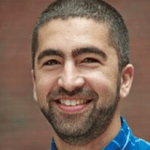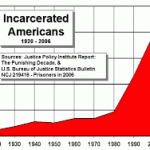
Last Friday, February 11, our Social Justice group had the chance to speak with Jacob Hutt. A legal aid attorney that works in the Prison Law organization, located in California. Jacob went to Harvard College and NYU, graduating with an impressive magna cum laude. He was also a Fulbright Research Fellow in Israel/Palestine. Jacob joined Prison Law Office in early 2020. He has since worked on cases having to do with disabilities in prison and the well known Chavez v. County of Santa Clara that went to the Supreme Court.
During our interview, we talked about the mental and medical health issues that prisoners face in American jails. We talked a little more specifically about cases of police brutality and systemic racism factor in the prisons where people who are physically handicapped or are blind need special attention. A case that is common for him is where an inmate needs something to help them physically like a wheel chair, or a prosthetic leg. One case that broke my heart when he is working on is a situation where an old blind man was brutally beaten by a guard as a result of his race. This guard took advantage of him and the man wants justice.
Personally, this made me very upset. Under no circumstances should law enforcer take advantage of someones physical problem and use it against them. I believe the case is ongoing and I hope for best for the man. The sad truth is that issues like this and many others happen daily in prisons and people get away with it too. I hope that I can make a change to this recurring problem in America.







